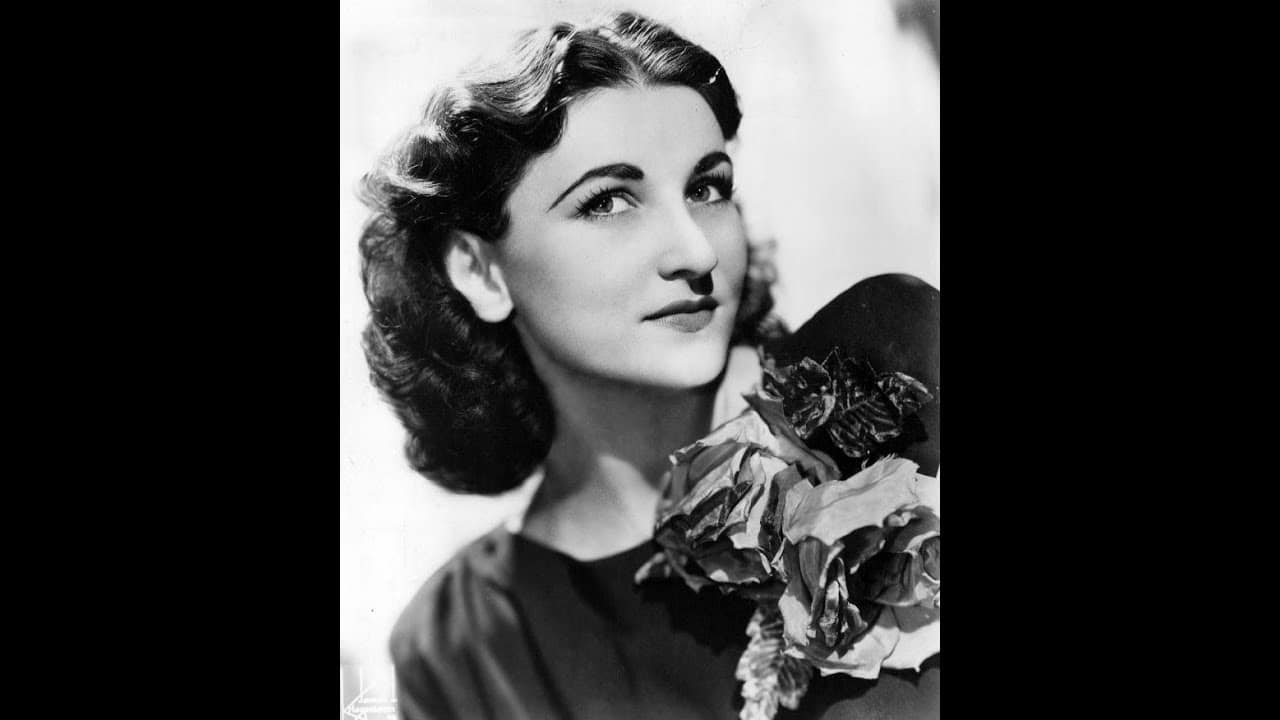Boston Symphony’s equal pay defence: The flute is not an oboe
mainThe BSO has responded to a claim for pay discrimination by its principal oboe, Elizabeth Rowe, asking the court to dismiss her case. Ms Rowe said she earned $70,000 less than the principal flute, The orchestra says, among other things that
– The flute and the oboe are not comparable instruments, nor are they treated as such by most major orchestras in the United States.
– Each instrument in an orchestra also requires different skills and effort to play at the highest level. Setting compensation for each musician, particularly principals, is a nuanced process involving many factors. Gender, however, is not and has never been one of those factors at the BSO.
The BSO adds that Rowe is currently its fifth highest paid principal musician, ahead of nine male principals. She is also paid more for each solo performance than any BSO principal musician.






Comments